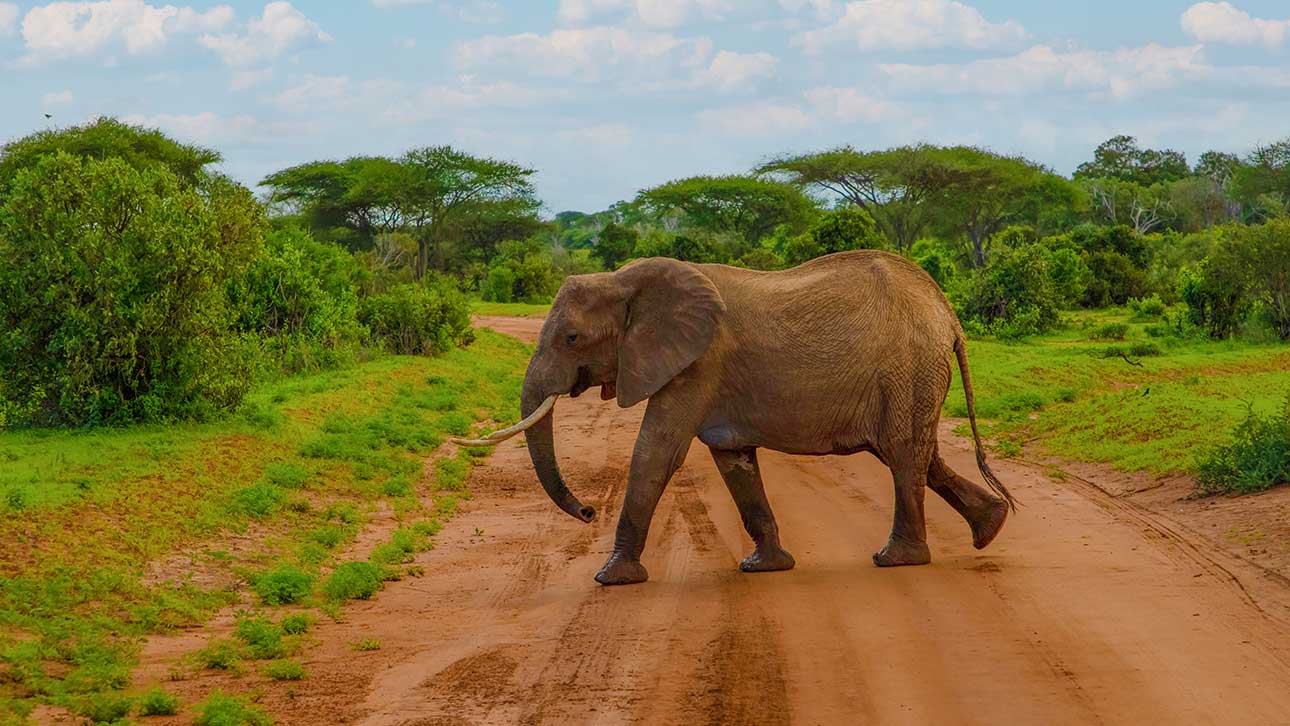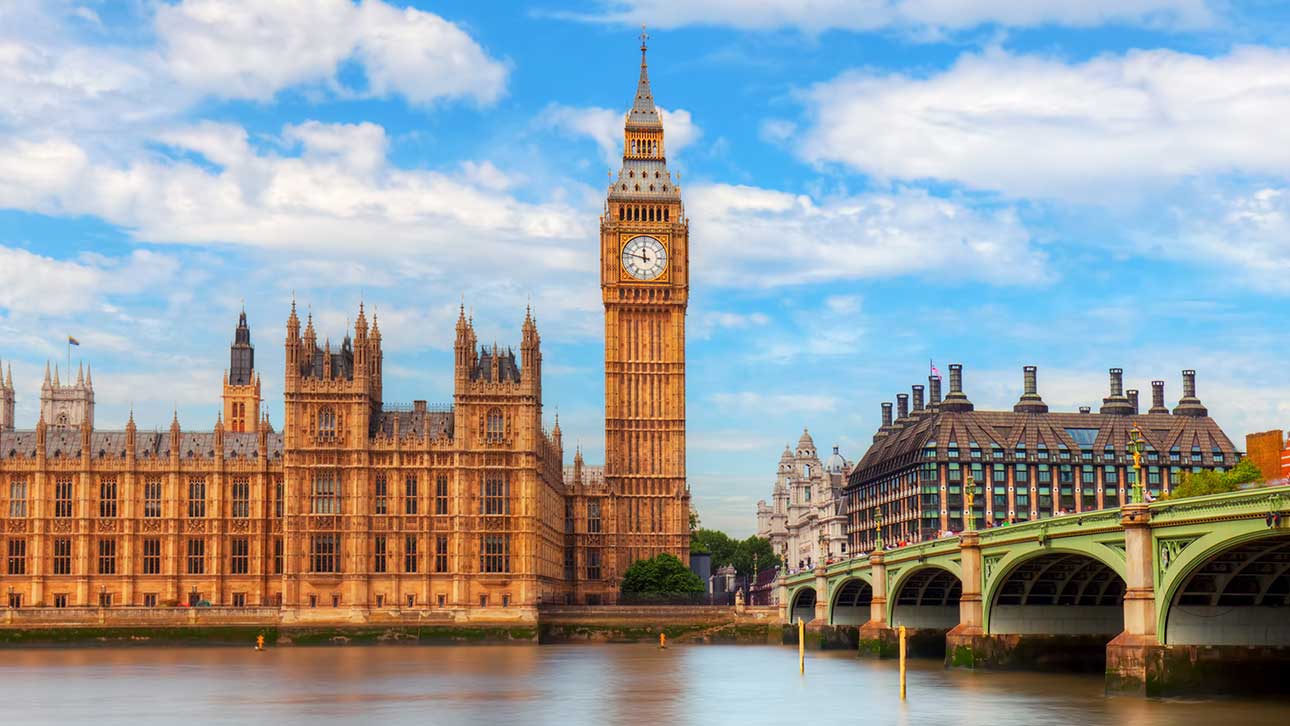In the ever-evolving landscape of global happiness, Finland stands tall yet again as the reigning champion of joy!
The World Happiness Report*, released on March 20 2024, by the United Nations Sustainable Development Solutions Network, highlights the continued dominance of Finland in securing the title of the world's happiest nation for the sixth consecutive year.
What sets Finland apart in this pursuit of happiness? According to the report, after the jubilant Finns, the Danes, Icelanders, Swedes, Israelis, Dutch, Norwegians, Luxembourgers, Swiss, Australians, and New Zealanders follow suit in the happiness rankings.
Interestingly, Serbia, and Latvia emerge as the countries with the most significant increase in their happiness index from 2021 to 2024, compared to the period from 2006 to 2010. The substantial improvement in our Western neighbor is closely followed by our own nation's stride. Placed at 81st, it's notable that the youth tend to report higher levels of happiness, contrary to many other countries.
Conversely, the steepest decline since 2006-2010 is recorded in Afghanistan, Lebanon, and Jordan. Afghanistan, grappling with a humanitarian crisis following the return of the Taliban to power in 2020, occupies the bottom spot among 143 countries.
At the helm of the global happiness rankings are the Scandinavian nations. Following Finland, Denmark, Iceland, and Sweden take their respective places. Within the EU, Germany ranks 24th, while France holds the 27th position. Strikingly, both Germany and the United States fail to crack the top 20 for the first time in over a decade, with Washington securing the 23rd position.
Costa Rica and Kuwait break into the top 20, claiming the 12th and 13th spots, respectively.
Notably, none of the world's most populous nations find themselves among the top 20. Among the top ten, only the Netherlands and Australia boast populations exceeding 15 million. Additionally, only Canada and the United Kingdom, within the top twenty, have populations surpassing 30 million, as highlighted in the report. China ranks 60th, while India trails at 126th.
The World Happiness Report serves as a gauge of happiness, incorporating people's subjective well-being alongside economic and social indicators. Six key factors are considered: social support, income, health, freedom, generosity, and absence of corruption.
For Finns, closeness to nature and a healthy work-life balance are paramount in their contentment, according to Jennifer De Paola, a researcher at the University of Helsinki specializing in this field. Finnish society, she notes, thrives on trust, freedom, and a high degree of autonomy.
The annual report also underscores a stronger sense of happiness among younger generations compared to older ones in most regions, except for Eastern Europe, where happiness indexes have risen across all age groups since 2006-2010.
The intergenerational gap in happiness deepens worldwide, except in Europe, a trend the report authors find concerning.
As we reflect on this year's rankings, it becomes evident that the pursuit of happiness transcends borders and cultures. Whether it's the serene landscapes of Scandinavia or the vibrant communities of Costa Rica, the essence of happiness lies in the balance between material prosperity and emotional fulfillment. As nations strive to climb the happiness ladder, they must prioritize holistic well-being, fostering trust, freedom, and equality for all their citizens.
As we celebrate the International Day of Happiness on March 20, let us draw inspiration from the Finnish ethos of happiness, reminding ourselves that true contentment often lies not in what we possess, but in the richness of our relationships and the harmony with our environment.
Links:
1. The World Happiness Report 2024 – https://worldhappiness.report/ed/2024/
Let yourself be inspired for new adventures! Follow Yordan on the social media!     |
Did you enjoy this article?
If you love discovering inspiring stories and unique places, download our free app "Travel Inspiration Magazine" from Google Play! No annoying ads. No distractions. Just pure reading pleasure.
📲 Install from Google Play![Български [BG] Български [BG]](/media/mod_languages/images/bg_bg.gif)
![English [EN] English [EN]](/media/mod_languages/images/en_gb.gif)































